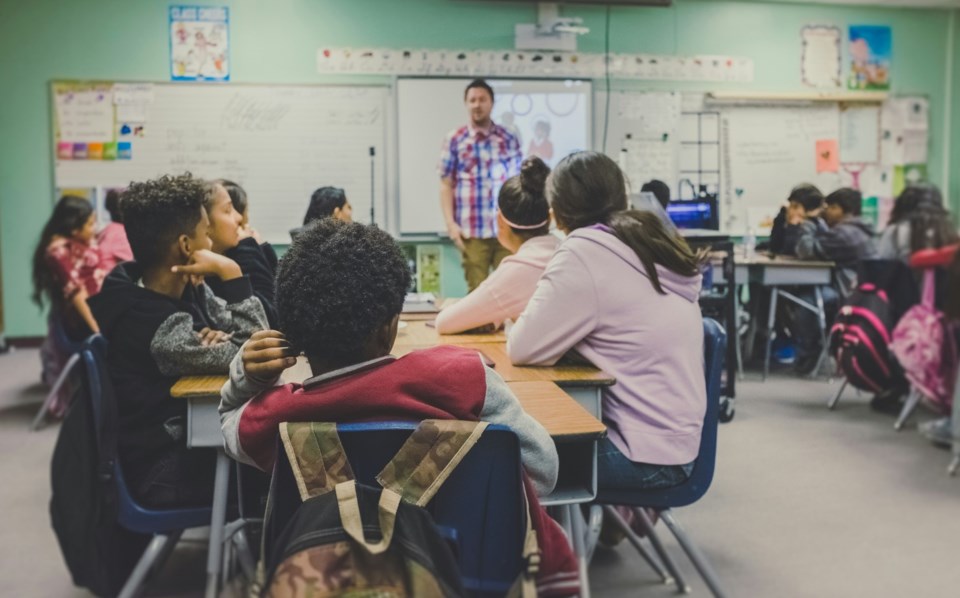The 2023-2024 school year was unprecedented. We now have a moment to reflect on the role of education in our society before we move forward. Over my career, I’ve come to realize that education has more to do with asking questions than providing answers.
When I began writing a weekly column on education, I thought it was to expand the reach of my classroom. I’ve since recognized that writing legitimizes the message I am trying to share with my students. How can I tell them that they are important, that their voice matters in a democracy, and that they should express it however they see fit if I am unwilling to do so? How can I tell them to engage in respectful dialogue, acknowledging that I, too, am on a quest for truth unless I live these ideals?
In 1988, Noam Chomsky and Edward Herman wrote, “The media’s job is not to educate us; it is to guide public opinion along acceptable lines, marginalizing and excluding dissidents who challenge state or corporate power.”
Unfortunately, this was also largely true of our educational system. Older Canadians, for example, remember the attempted theft of Mohawk land that resulted in the Oka Crisis of 1990. This was a watershed moment in Canadian history because it forced us to begin to hear the voices of people we had been trying for centuries to marginalize, voices that were absent from our textbooks.
Canadian curriculum is vastly different today than it was in 1990, primarily because we have begun to address the institutionalized racism prevalent in our school system. As an educator, being involved in this change has been a liberating experience. I now see similar changes happening in the media.
I was distressed by the tolerance for anti-Indigenous racism displayed in the media in 1990, just as many are disturbed by the tolerance for anti-Palestinian, anti-Arab racism and anti-Semitism in the mainstream media today. The difference between 1990 and 2024 is that we are no longer beholden to large corporations to bring us information. News conglomerates have lost the trust of many viewers and are unlikely to regain it. Smaller entrepreneurial news providers have seen significant growth in recent years, notably since the assault on Gaza began last October; one can expect this trend to continue for the foreseeable future.
Accompanying the shift in media consumption is a decrease in confidence in certain governments. After significant global sympathy in the wake of the heinous attack from Hamas on Oct. 7, the enduring assault on the civilian population of Gaza has caused international for the State of Israel to plummet. The attack on Palestinians has also resulted in an increasingly hostile view of the United States, the primary supplier of weapons to Israel.
In addition, American military critics like Colonel Douglas Macgregor and Colonel Lawrence Wilkerson point out that their country is ill-prepared for an armed intervention. Conflicts in both Ukraine and Israel have depleted their weapons caches, and unsurprisingly, their recruitment numbers have fallen to historic lows, as they have in other countries.
This is the world my students are forced to navigate, but all is not lost. Just as Canadians were impacted by sober reflection on the arrogance that brought about the Oka Crisis, millions of young people are being forever changed by their advocacy for peace in Palestine. They are asking the right questions and possess a healthy level of skepticism as they pursue the truth.
Today’s university protestors are tomorrow’s university presidents. They are our policymakers, politicians, professors, journalists, influencers, op-ed columnists, and teachers.
If we can avoid destroying ourselves through this current crisis – and find ways to heal the trauma we are causing in one another – the future will be very bright.
Gerry Chidiac specializes in languages and genocide studies and works with at-risk students. He is the recipient of an award from the Vancouver Holocaust Education Centre for excellence in teaching about the Holocaust.
©




